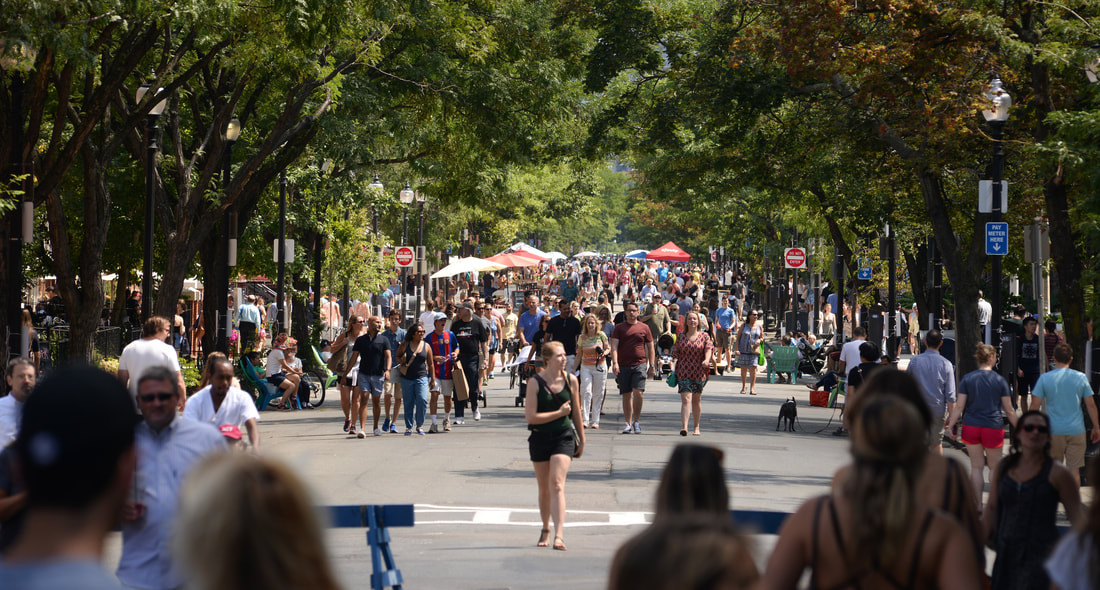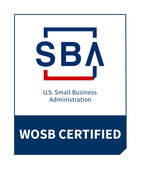|
When Boston Mayor Martin J. Walsh told the Boston Herald that his city is moving forward with the creation of an urban forestry plan, he also announced the selection of Urban Canopy Works to lead the effort, together with Boston-based Stoss Landscape Urbanism. Mayor Walsh said, “Trees are an important part of making Boston’s communities resilient. This plan is the first of its kind in Boston, and it will expand and protect one of our most precious natural resources, while prioritizing the needs of our residents.” He added, “The 20-year plan will set citywide goals for canopy protection, be responsive to climate change and development, and enhance the quality of life for all Bostonians.” Citing reputation as a deciding factor in the selection of Urban Canopy Works, city officials are pleased to be working with Rachel Comte and Jenny Gulick. Together with Stoss, they will guide the community driven plan that will involve city departments and a community advisory board composed of utilities, non-profit organizations, businesses, and neighborhood representatives. Project Manager Rachel Comte says, “We’re thrilled to be chosen and to partner with Stoss Landscape Urbanism, Plan-It Geo, and American Forests on this project.” Focusing on equity and inclusion, Rachel will work on community engagement and urban planning aspects of the plan, while Jenny focuses her efforts on urban forest management operations, policies, and codes. Rachel says, “Tree canopy has a direct effect on public health because of its impacts on heat stress, air quality and water quality. And the community needs to have a say in the health and vitality of their own neighborhoods. Boston is being proactive, instead of just reactive, with a strong commitment to inclusion. The year-long project in collaboration with the City of Boston includes a tree inventory and assessment of existing conditions, community engagement and workshops, data analysis, and recommendations for moving forward. Given the size of the City of Boston, this is a big project. And, according to Mayor Walsh, it’s the first of its kind in Boston. He said, “It will protect one of Boston’s most precious natural resources, while prioritizing the needs of our residents.”
For most communities, the majority of tree canopy is located on private land, so community input is critical to the success of an urban forestry plan. This urban forestry plan identifies city-wide issues, giving everyone a bigger picture of what they are. Within the process, priorities are identified, and recommendations are made based on budget. Rachel says, “Aesthetics are important, but there are so many other reasons to do this. It’s about health and wellness and creating Healthy Places within the community.” "Boston's Urban Forestry Plan will be the foundation on which the City and its citizens can join together to guide the growth and quality of a thriving, equitable urban tree canopy for future generations,” said Jenny Gulick. “Through our team's collaborative approach to creating the Plan, I believe Bostonians will step up to set goals and generate creative responses to the challenges its urban forest faces. The City's obvious commitment to this project will result in an urban forest that is resilient and strong, just like Boston itself." Comments are closed.
|
|
Urban Canopy Works, LLC | Contact Us | © 2023-25
|
UCW is proud to support: |




